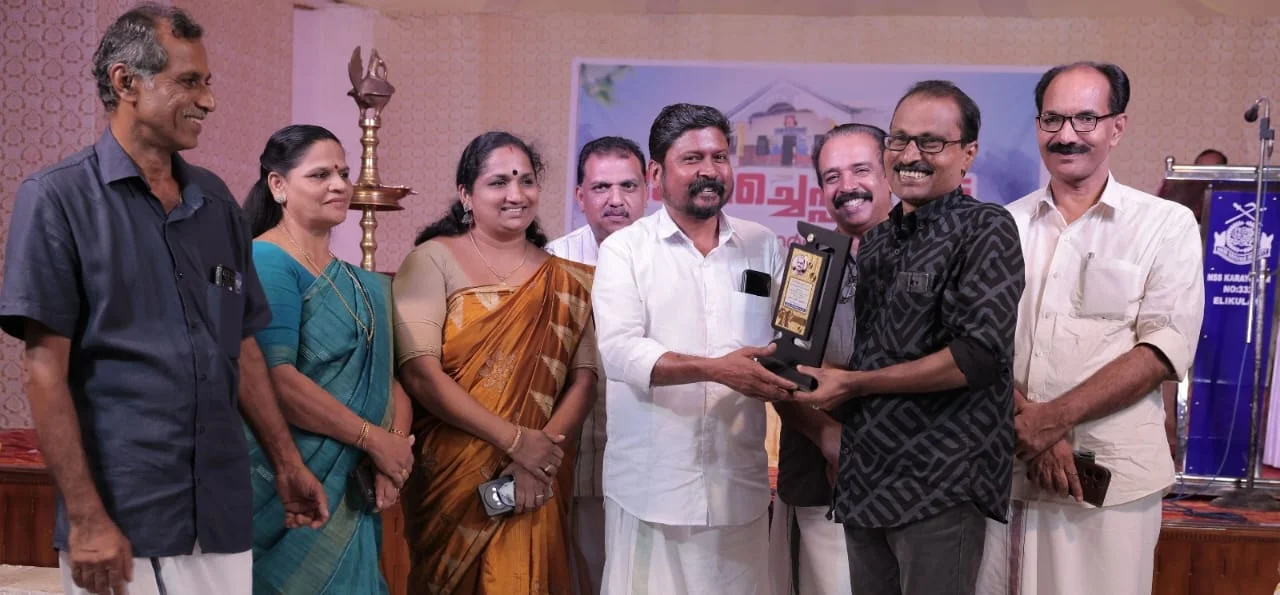Integrating Ayurveda and Siddha
India has a rich heritage of traditional medicine systems that have been practiced for centuries. Ayurveda and Siddha, two ancient systems of healing, hold immense wisdom and potential to complement modern healthcare practices. Integrating these traditional systems into modern healthcare can not only offer holistic treatment options but also harness the power of centuries-old knowledge for the benefit of the population. Ayurveda and Siddha are holistic healing systems that view the body, mind, and spirit as interconnected entities. Ayurveda, with its emphasis on balance and natural remedies, focuses on personalized treatments based on an individual’s constitution (dosha). Siddha, on the other hand, originated in South India and emphasizes the harmony of the five elements within the body. Both systems prioritize prevention, aiming to maintain the body’s equilibrium to prevent diseases from arising.
In this article let’s focus on how Ayurveda and Siddha can be effectively infused into Healthcare.
Integration into Modern Healthcare:- Integrating Ayurveda and Siddha into modern healthcare is not about replacing conventional medicine but rather about harnessing the strengths of both approaches. The holistic perspective of traditional medicine can complement the reductionist approach of modern medicine, providing a more comprehensive understanding of health and well-being.
Preventive Healthcare:- Ayurveda and Siddha emphasize preventive measures that align with modern concepts of healthy living. Incorporating these practices can help people adopt healthier lifestyles, reducing the burden of lifestyle-related diseases.
Personalized Treatment:- Traditional medicine systems assess individual constitution and imbalances, providing personalized treatment plans. This aligns with the trend toward personalized medicine in modern healthcare.
Natural Remedies:- Ayurveda and Siddha rely on natural remedies, often derived from herbs and minerals. Integrating these remedies into modern healthcare can offer alternative options with fewer side effects.
Chronic Disease Management:- Traditional systems offer valuable insights into managing chronic conditions. Integrating their wisdom can enhance the management of conditions like diabetes, arthritis, and respiratory disorders.
Mind-Body Connection:- Ayurveda and Siddha recognize the mind-body connection. Integrating practices like yoga, meditation, and mindfulness from these systems can contribute to mental well-being.
Challenges and Considerations:- While the integration of Ayurveda and Siddha into modern healthcare is promising, challenges must be acknowledged and addressed. Ayurveda should be practiced under experts because the measurements are complicated and need to be meticulously measured, wrong measurements could lead to serious health issues or don’t work at all, so it’s crucial to stay under guidance.
Standardization and Quality Control:- Ensuring the quality and standardization of traditional medicines is crucial. The ingredients should be of pure quality and must be checked before sending them to the patient. Developing rigorous quality control standards is necessary to maintain patient safety.
Scientific Validation:- To gain acceptance in modern healthcare, traditional treatments need scientific validation. To be recognized and trusted within modern healthcare, traditional treatments must undergo scientific validation. This process involves subjecting traditional remedies and practices to rigorous scientific research and testing. By conducting studies that follow established scientific methods, we can determine the effectiveness, safety, and mechanisms of these treatments. Scientific validation not only provides credibility to traditional medicine but also helps bridge the gap between ancient wisdom and contemporary healthcare. It ensures that traditional treatments meet modern standards of evidence-based practice, ultimately benefiting patients by offering well-tested and reliable therapeutic options. Conducting rigorous research studies to demonstrate their efficacy is essential.
Regulation and Training:- Establishing clear regulations and training standards for practitioners of traditional medicine is vital to ensure patient safety and ethical practice.
Cultural Sensitivity:– Integrating traditional medicine requires cultural sensitivity and collaboration between modern and traditional practitioners.
Public Awareness:- Educating the public about the benefits and limitations of integrating traditional medicine is important to foster acceptance and informed decision-making.
Conclusion
Integrating Ayurveda and Siddha into modern healthcare presents an opportunity to create a comprehensive and patient-centric healthcare system. The marriage of ancient wisdom with modern science can address gaps in healthcare and provide holistic solutions to today’s health challenges. However, successful integration requires collaboration, research, and careful consideration of quality control and safety measures. By embracing the strengths of both systems and working towards a harmonious coexistence, India can pave the way for a more inclusive and effective healthcare landscape that benefits all its citizens.





